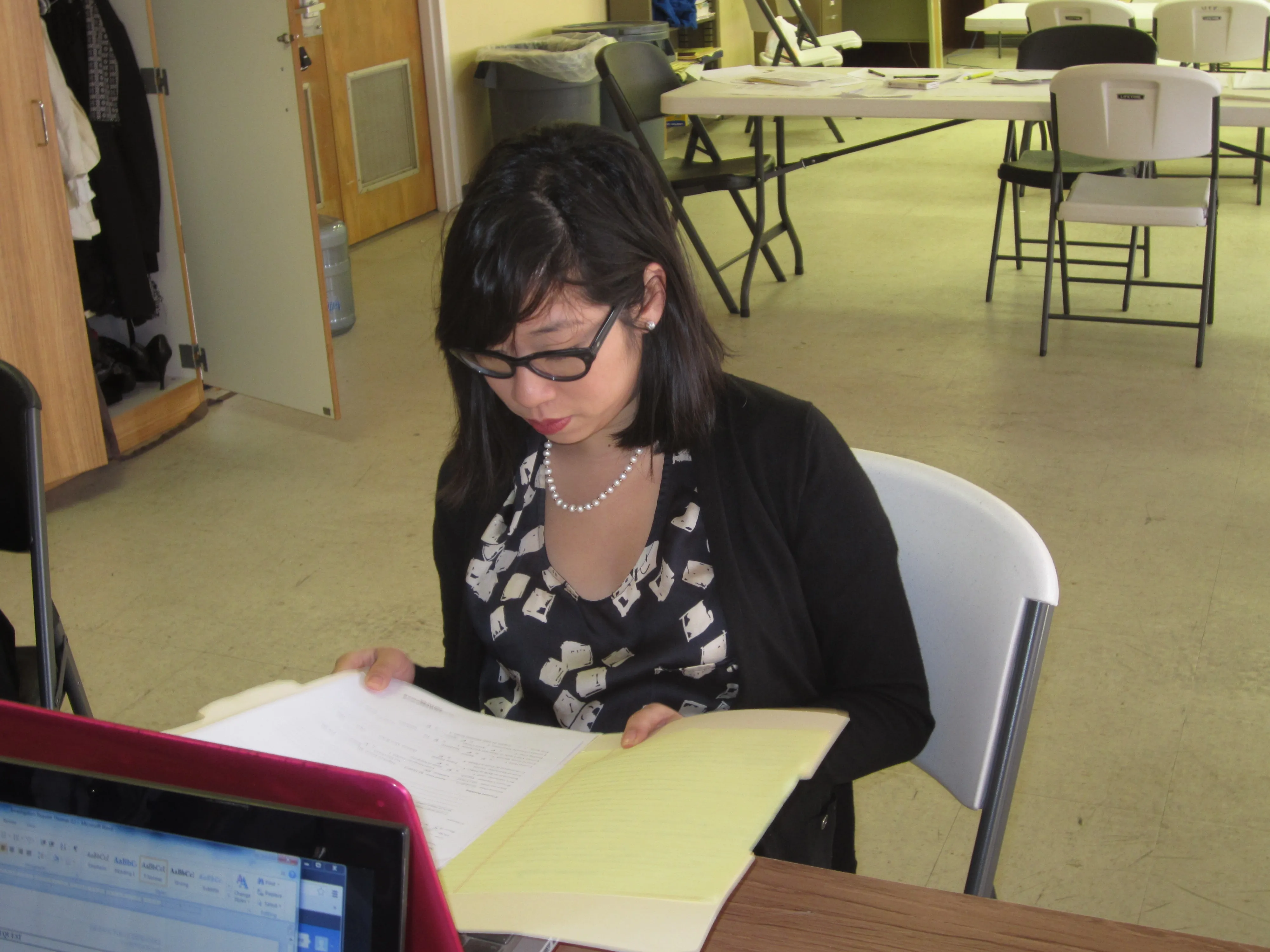Spring Break of Service Takes Law Students to Public Defender Offices in the South

When you think of typical Spring Break activities, “listening to recordings of jail tapes” probably does not come to mind. But for Law School students who spent their break clerking at Orleans Public Defenders in New Orleans, that’s exactly what they did.
And the job is important. The office is understaffed and overwhelmed with cases, so countless hours of jail tapes, which contain phone conversations involving the defendant, wait to be screened. The purpose is to identify any incriminating statements that might be used as evidence against the defendant; it helps the defense attorneys do their jobs better. The four students in New Orleans also completed legal research and prepared trial exhibits, said Soo Park, ’14.
Another 14 Law School students did similar work at the Knoxville, Tennessee, public defender’s office, called the Community Law Office, or CLO. They researched the collateral consequences of convictions, prepared a “Know Your Rights” presentation, and investigated possible constitutional challenges to Tennessee laws that effectively criminalize poverty, said James DuBray, ’14. The students also came up with plans to help individuals with suspended licenses get their driving privileges back, and they spent one morning observing court proceedings.
The Law School supports fundraising for these annual “Spring Break of Service” trips because they fulfill two important missions, said Amy Gardner, Dean of Students: They engage students in service, and they give them real-world lawyering experience.
“We’re very proud that these students used their break from law school, which of course is hard work, to do more hard work on behalf of organizations that really need the help,” Gardner said. “Spring Break of Service has become a tradition at the Law School, and we’re thrilled to support it.”
DuBray said the trip served as a serious dose of inspiration, especially for the 1Ls on the trip. It’s hard to forget scenes from the courtroom, he said, such as seeing dozens of prisoners stuffed inside a holding cell waiting to hear their fates. “A lot of people found it mind-blowing. All the problems of American poverty shoved into a criminal courthouse. Even one morning was enough to change people’s perspective.”
The CLO takes a holistic approach to its work, bringing lawyers and social workers together to help defendants with legal problems, family disputes, employment difficulties, substance abuse, and more.
“We loved having University of Chicago law students at the CLO,” said Sarah Olesiuk, an Assistant Public Defender. “They were motivated, enthusiastic, and diligent workers. A few students even told us at the end of the week they are now considering a career in public defense.”
DuBray said the trip was a good reminder of the power of the law to do good. “You see this, and you realize that, in a lot of ways, the law can really help people. It can be a big nasty hammer, or it can be a way out.”